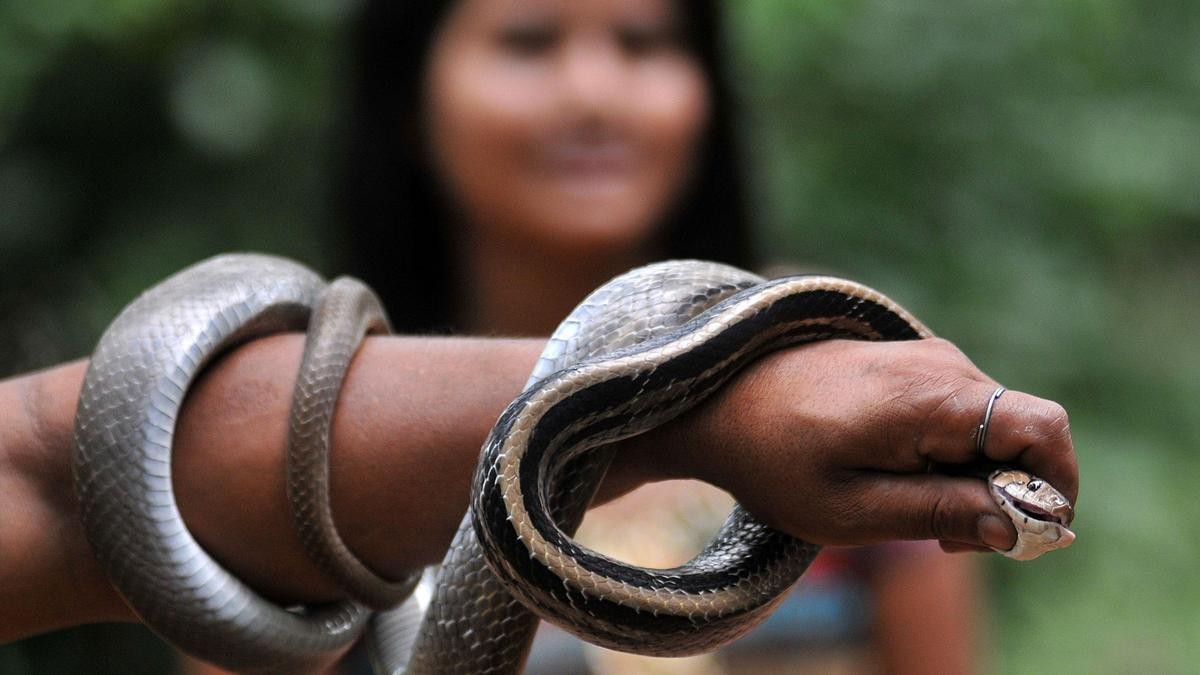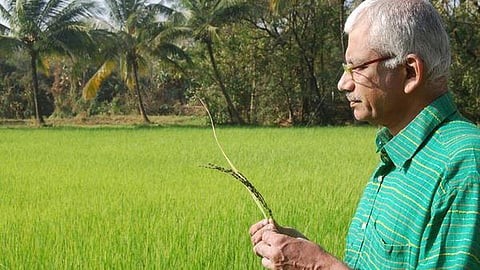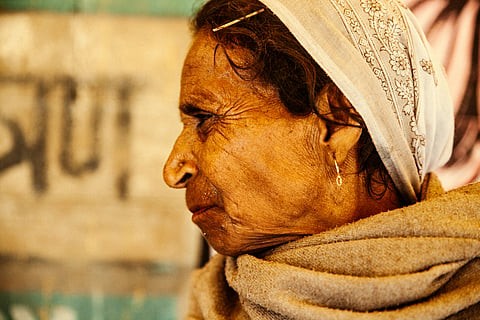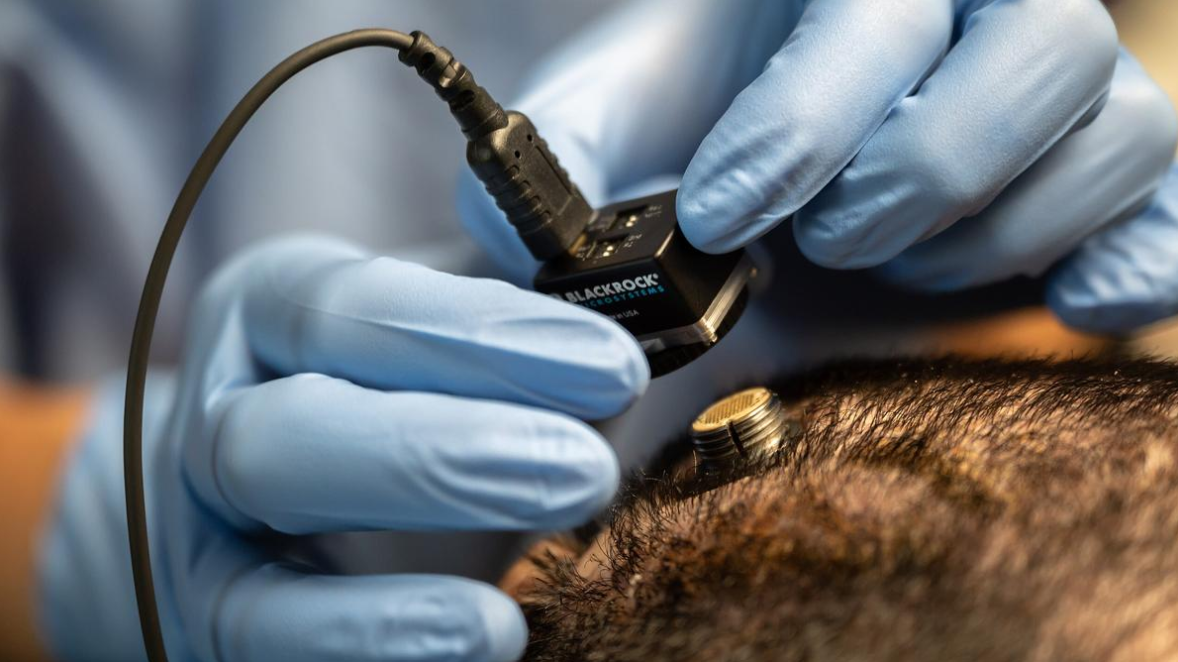



.jpg)
.jpg)
Disclaimer: Copyright infringement not intended.
Context
What is Bovine Viral Diarrhoea?
Transmission
Symptoms
Treatment
Vaccines
|
PRACTICE QUESTION Q. Which of the following statements are correct? a) Bovine Viral Diarrhea Virus (BVDV) is a rare disease of cattle herds. b) The BVDV infection in these calves persists during the entire life of the calf. c) Vaccines for BVD are available. 1. a and c 2. b and c 3. a, b and c. 4. None of the above. Correct Answer: Option 2 |






© 2025 iasgyan. All right reserved